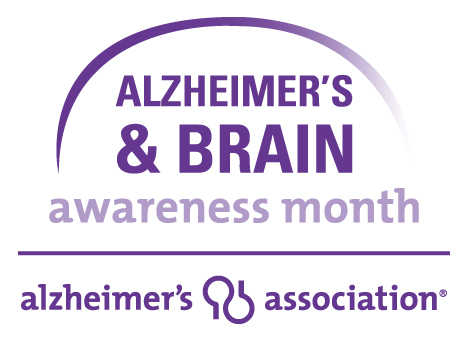Written by Ritzau May 12, 2015
Training helps Alzheimer’s patients to remember and concentrate. Alzheimer’s Association: Give all the offer.
As the first in the world, a group of Danes with Alzheimer proven that physical exercise strengthens the intellectual ability and increase the quality of life.
When the body starts to move, support memory and concentration ability, like exercise has a beneficial effect on the unrest that many patients with Alzheimer suffer.
“We can see that patients who exercise physically achieve an effect in several areas. They function better in their daily lives, and, at best, exercise can have a delaying effect on the disease,” says research leader Professor Steen Hasselbalch of the National Dementia Research Center.
A total of 200 patients affected by dementia since 2012 participated in the project. Half trained through 16 weeks in a community with others and in the presence of physiotherapists. The other group received no training.
The primary goal was to strengthen the ability to remember and concentrate, which was achieved in two out of three patients. It was achieved in the group who showed up to 80 percent of the three weekly training sessions and trained with such a high intensity that they were out of breath.
“They saw an effect on their mental speed, attention, and concentration,” says Steen Hasselbach.
It is still too early to determine why exercise has a positive effect on the brain. But it may be due to the fact that muscles secrete substances that are believed to have a protective and stimulating effect on the neurons during exercise.
But the explanation can also be simple so that patients sleep better and in general feel a greater comfort when they train, and thus find it easier to cope with everyday life.
In the Danish Alzheimer’s Association, President Nis Peter Nissen urges parliament to require municipalities to offer physical exercise to everyone with Alzheimer’s disease.
This will not only benefit patients and relatives, but also save admissions and nursing home places.
55.676097
12.568337
Like this:
Like Loading...





